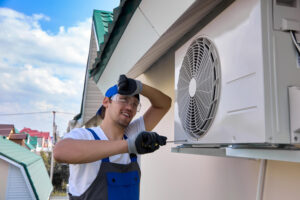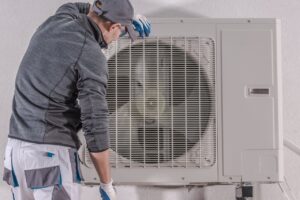
How to Identify the Right Speed Settings for Your Blower Motor
Identifying the right speed settings for your blower motor is pivotal in optimizing the performance of your HVAC system, especially when you aim to maintain comfort and energy efficiency in your home. In Plant City, where the climate can vary throughout the year, ensuring your blower motor is set correctly



